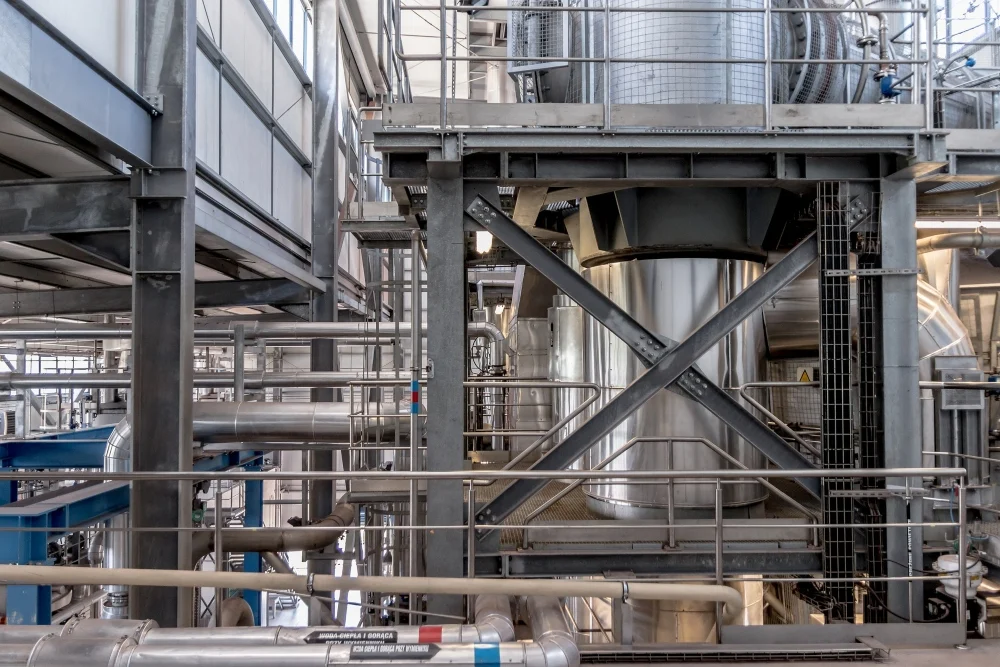Electric City Bike, Lithium Mountain Ebike, Electric Bike Lithium-Ion Batter Hebei Skyking Bicycle Techonlogy Co.,Ltd. , https://www.skykingbike.com
The Impact of COVID-19: Why the Steam and Boiler Industry Is Crucial Right Now
The devastating effects of the coronavirus pandemic have been felt worldwide, drastically impacting businesses, industries, and individuals globally. From shuttered storefronts to strained supply chains, the ripple effect has been immense. A snapshot of this reality can be seen in the image below, illustrating how businesses are adapting amidst these unprecedented times.

Amidst these trying circumstances, industries are facing immense challenges. Lockdowns and curfews have severely limited the ability of many businesses to operate normally, forcing some to close permanently while others struggle to survive with dwindling resources. Yet, even in the face of adversity, certain industries remain resilient. Manufacturers across the U.S. and beyond are striving to keep operations running while adhering to stringent health and safety guidelines.
When we examine the steam and boiler sector, the current economic climate presents both challenges and opportunities. The uncertainty surrounding the pandemic has prompted industries to seek out energy solutions that can withstand lockdowns and restrictions. Steam boilers, as one of the most reliable energy sources, continue to play a pivotal role in maintaining essential services.
In this article, we’ll explore the impacts of COVID-19 on the steam and boiler industry and consider what the future may hold.
### Defining the Boiler & Heat Exchanger Manufacturing Industry
To better understand the influence of COVID-19 on the boiler industry, let’s first clarify what this industry entails:
> "[The Boiler & Heat Exchanger Industry] primarily focuses on the production of boilers and heat exchangers. Boilers are sealed vessels where fluids are heated, whereas heat exchangers allow thermal energy to transfer between fluids without mixing them. Industry products serve various sectors including industrial, energy, and commercial markets."
– *Ibis World*
Common products manufactured in this industry include:
- Heat exchangers and steam condensers
- Power boilers and their components
- Nuclear reactor supply systems
While the core focus of the boiler industry lies in manufacturing, maintenance is equally crucial. Regular upkeep ensures boilers operate efficiently and safely. Neglecting maintenance can lead to inefficiencies and potential hazards like leaks or even explosions.
### Key Industry Statistics
By the end of 2019, approximately 336 companies operated within the Boiler and Heat Exchanger Manufacturing Industry in the U.S., employing nearly 25,000 people across commercial and industrial sectors. Prior to the pandemic, global demand for steam boilers was projected to surpass $19 billion by 2025, with the U.S. market alone expected to reach over $3 billion by then. This growth reflects the rising demand for steam boilers across multiple industries, particularly in power plants.

Despite these optimistic projections, the pandemic has significantly affected the steam and boiler industry. One area heavily impacted has been maintenance. Social distancing mandates and lockdowns have hindered routine inspections and maintenance services. Nevertheless, several boiler maintenance firms have remained operational, adapting by issuing COVID-19 protocols and finding innovative ways to deliver their services.
These businesses remain dedicated to supporting the industries they serve. Whether addressing emergency shutdowns, conducting scheduled maintenance, or providing industrial boiler services, they continue to fulfill their roles responsibly.
### Essential Sectors Relying on Boilers
Even amid widespread disruptions, certain industries cannot afford downtime. Boilers are indispensable for producing steam and hot water required by essential services such as hospitals, power plants, and food processing facilities. Here’s how specific sectors depend on boilers:
- **Nuclear Reactors:** Boilers generate steam used to produce electricity. Maintaining stable steam and heating systems is critical for the smooth functioning of nuclear power plants.
- **Hospitals:** Boilers provide heating for hospital buildings and sterilize medical instruments—a necessity during the pandemic. With increasing patient loads, hospitals need reliable boiler systems and timely repairs.
- **Pharmaceutical Businesses:** Boilers are integral to drug production. As demand for medications surges, maintaining efficient boiler operations becomes even more crucial.
- **Food Processing Facilities:** Properly functioning boilers are vital for food preparation and processing. Any disruption could halt operations entirely.
- **Industrial Buildings & Power Plants:** Virtually every industrial or power generation facility requires well-maintained boilers to function optimally.
Though businesses face lockdowns, these sectors contribute significantly to combating the virus and sustaining daily life. Consequently, the steam and boiler industry plays a critical role in powering these essential operations.
Critical tasks like installing new boilers, resolving emergencies, and delivering energy solutions are ongoing responsibilities for the industry. While these duties won’t disappear anytime soon, they will evolve alongside new health guidelines.
### The Importance of Energy Efficiency
The pandemic has spurred policy changes globally, prompting industries to embrace energy-efficient solutions. High-quality, energy-efficient boiler systems are sought after as factories and businesses aim to recover losses swiftly. Regular maintenance is essential to preserving energy efficiency.
A study by Boiler House Consulting revealed that increasing annual boiler inspections using drones could reduce CO2 emissions by up to 649 metric tons annually—an environmental benefit worth noting.
### Ensuring Worker Safety
Steam boiler maintenance remains an essential service, necessitating stringent safety measures. Gas engineers and technicians adhere to protocols such as frequent handwashing, wearing PPE, maintaining physical distance, and avoiding shared indoor spaces.
Robotic tools like the Elios 2 drone are proving invaluable. By collecting visual data remotely, inspectors minimize direct contact, aligning with social distancing goals.
This article was contributed by Campbell-Sevey, a U.S.-based company specializing in energy system maintenance since 1937. Their expertise underscores the importance of sustainable, efficient energy solutions in these challenging times.